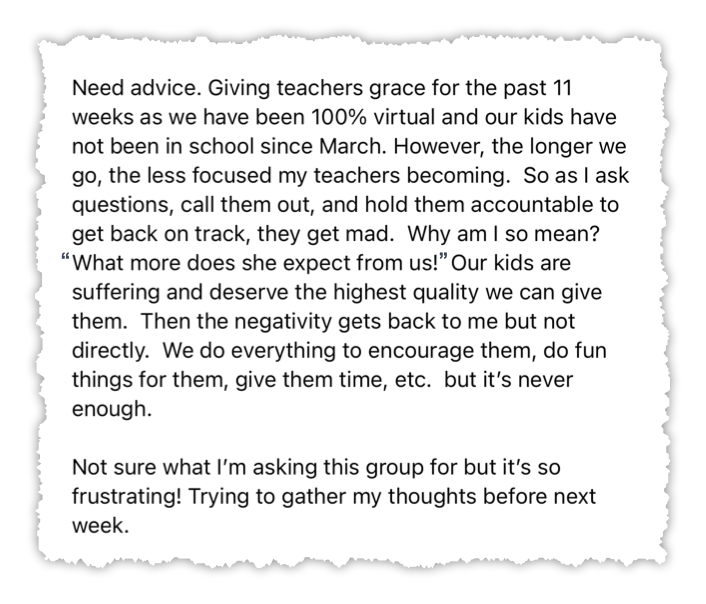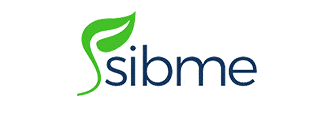How Can MY Instructional Leadership Get Us Through This Year?

By Dr. Justin Baeder
The Principal Center
Imagine, for a moment, that local officials announce yet another change to the school year:
-
Perhaps you’re going all-virtual—again…
-
Or perhaps your hybrid re-opening is getting pushed back…
-
Or perhaps the entire cafeteria staff will be quarantined for two weeks.
You roll your eyes, then roll with the punches: you’ll get through this, one way or another.
But teachers’ patience is growing thin.
They’re exhausted.
They don’t feel successful.
All the uncertainty is creating fear and anxiety.
They’re getting whiplash from the endless changes.
Should we just back off and leave teachers alone?

Teachers are stressed to their limits—and administrators are, too.
Should we just skip instructional leadership this year, so we can focus on survival?
That’s one option…but what if the best way to help people survive isn’t to lower expectations and “give teachers more space”?
What if the best way to survive this school year as a school is to double down on the fundamentals?
What if surviving this year is all about instructional leadership?
Instructional Leadership Will Get Us Through—
But Only If We Get It Right
This is a year to treat ourselves and others with a LOT of grace…but NOT a year to ease up on instructional leadership.
In fact, it’s a year when the right instructional leadership practices are precisely what will get us through.
But we don’t need more of the same, old-fashioned, high-stakes formal observations and goal-setting—either in person or in “virtual” form.
Really—has anyone said “Please come observe me and tell me what I’m doing wrong”? Or “Please fill out some forms to rate my skills on a rubric developed for a totally different kind of teaching”?
Probably not—that’s not what teachers need right now.
The kind of instructional leadership that will help us survive and thrive through ’20-’21 is based in something far simpler and more fundamental to our needs as humans:
Conversation.
Conversation is powerful in times of upheaval, because it allows us to:
- Share information
- Maintain relationships, and
- Collectively make sense of what we’re experiencing
It thus allows us to make decisions about how to solve our biggest and most urgent problems—the key task of instructional leadership.
Not just casual chit-chat conversations (although they’re important)….
Not the old-style formal observations, with formal meetings and formal forms to fill out…
Nor those deep, philosophical conversations that remain abstract and divorced from practice.
The kind of leadership that will get us through this year focuses on evidence-based feedback conversations—same as always…
…but focused on the key priorities that will help us survive the extreme stressors we’re facing this year.
Read the rest on The Principal Center Blog
Watch More from Dr. Baeder in the Sibme Learning Center

